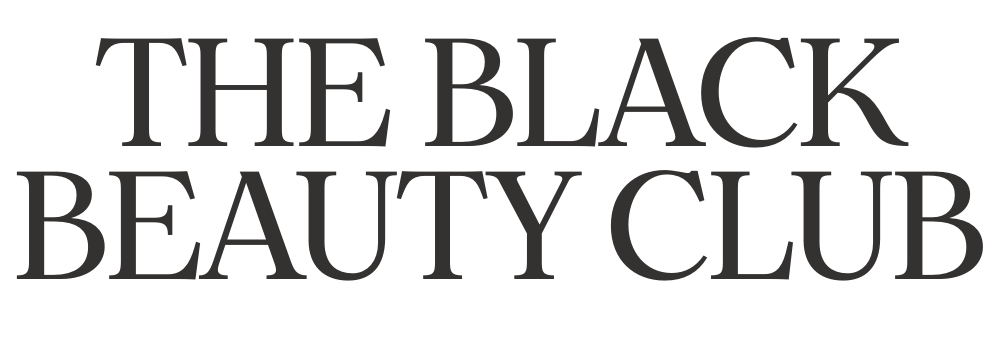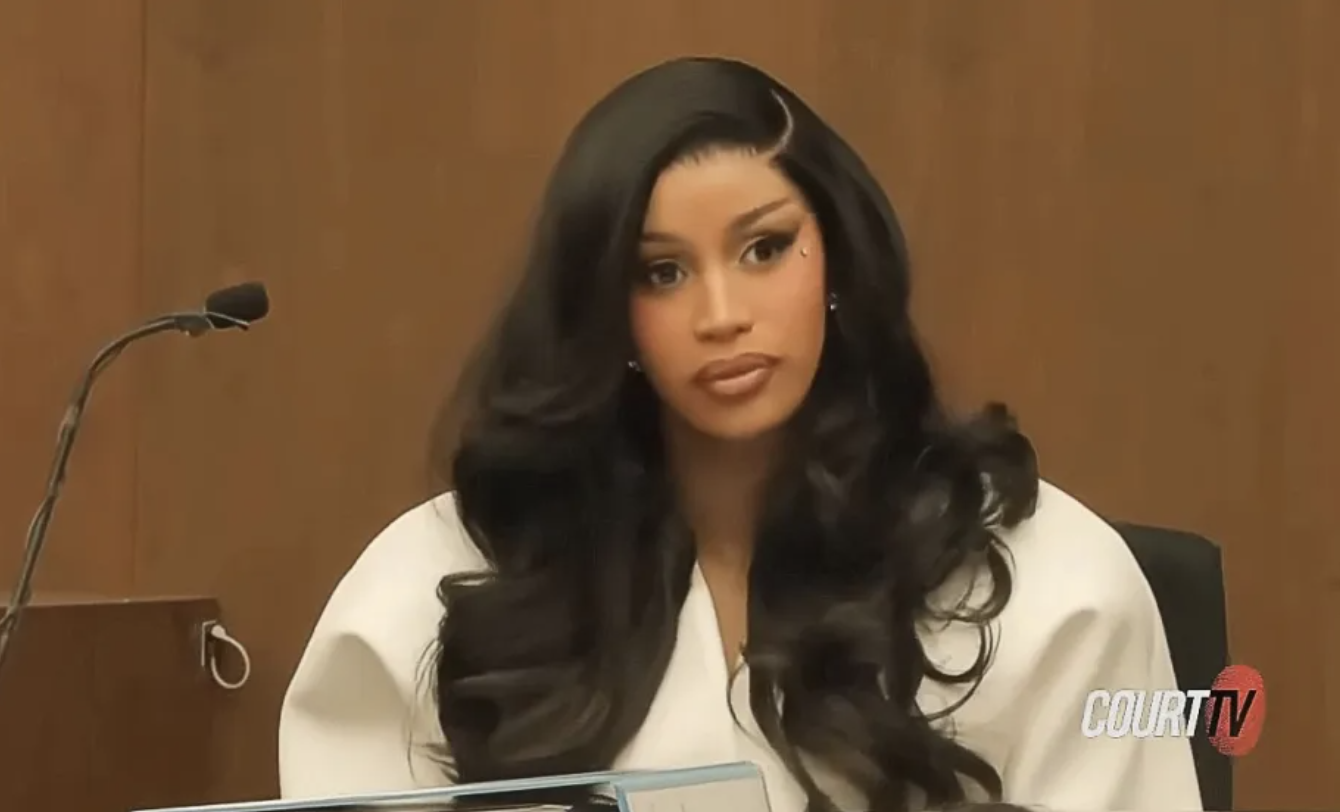Cardi B: Beauty as Evidence, Beauty as Weapon
When Cardi B’s wig became a courtroom question, it wasn’t just cross-examination. It was centuries of beauty policing resurfacing under oath.
This week, the internet did what the internet does: clipped, memed, and replayed Cardi B switching wigs mid-testimony in a Los Angeles courtroom. What should have been a civil proceeding over a 2018 encounter quickly turned into viral fodder because a lawyer couldn’t stop asking about her body, her hair, her nails.
“Which one is your real hair, or are they both real?”
“It’s a good wig today, then.”
“Are your nails half an inch, one inch?”
These are not neutral questions. They are not relevant questions. They are the tired recycling of a centuries-old script that polices women’s appearances, and polices Black women’s beauty most of all.
Courtroom as Catwalk? No.
The law is clear: judges are supposed to protect witnesses from harassment or embarrassment. California’s Evidence Code §765 literally requires courts to shield people from undue humiliation. Yet here was a male attorney, using his platform not to test evidence but to diminish a Black woman by reducing her testimony to wigs and acrylics. The judge had to step in at least once, telling counsel to “take the temperature down.” Objections were sustained when he tried to ask whether someone was “overweight” or about a supposed gang affiliation.
This was theater, beauty policing dressed up as cross-examination.
A Long History of Beauty Policing
Black women have always had their beauty legislated, surveilled, and demeaned.
In 1786, Louisiana’s tignon laws ordered free and enslaved Black women to cover their hair in public. The intent: hide their beauty, contain their visibility. Black women, of course, subverted it, turning headwraps into fashion and defiance.
Through the 19th and 20th centuries, stereotypes like the Sapphire (“angry Black woman”) and Jezebel coded Black women’s tone and looks as threats, denying them credibility.
In our own time, workplace studies still show natural hair and protective styles rated “less professional.” The CROWN Act exists because without it, Black women’s hair is literally grounds for exclusion.
When Cardi B is asked in 2025 whether her wig is “real,” it isn’t just a clumsy question. It is an echo. An echo of laws, stereotypes, and biases that have long said: Black women’s beauty needs to be managed, explained, and contained.
Beauty as Evidence, Beauty as Weapon
The plaintiff’s lawyer tried to use Cardi’s nails as proof of assault, her wigs as symbols of duplicity. This is the same logic that has long sought to transform adornment into liability:
If a woman wears makeup, she is hiding something.
If she maintains herself, she is vain.
If she asserts herself, she is aggressive.
For Black women, each layer sharpens into something more sinister: nails become claws, wigs become masks, assertiveness becomes “sass.” It’s misogynoir in real time, where beauty itself is turned into evidence and weaponized against credibility.
This is misogynoir in action, where racism and sexism converge to make beauty a liability.
Why This Matters Beyond Cardi
This isn’t about whether Cardi B wins or loses her case. It’s about what happens when a Black woman takes the stand in America, and her very existence, her hair, her nails, her body, is treated as cross-examination material.
Because if beauty is always up for debate in court, at work, at school, then justice isn’t blind at all. Justice is checking your wig line. Justice is clocking your manicure. Justice is distracted by aesthetics instead of paying attention to truth.
We cannot shrug this off as just “how trials go.” We have to name it for what it is: deplorable behavior, rooted in centuries of bias, deployed by men who would rather interrogate a Black woman’s body than evidence.
And we also have to see the resilience in Cardi’s response. She laughed. She corrected. She reminded the room that her wigs were wigs, her nails were rounded, and that none of that had anything to do with the matter at hand. In that sense, she joined a long line of Black women who have turned attempted humiliation into another chance to assert presence, wit, and truth.
The courtroom should never be another stage where women, and especially Black women, are forced to defend their right to look like themselves. A wig is not evidence. A manicure is not a crime. And no lawyer should be allowed to mistake misogynoir for strategy.
Because if justice means anything, it means leaving beauty standards outside the courthouse door.

